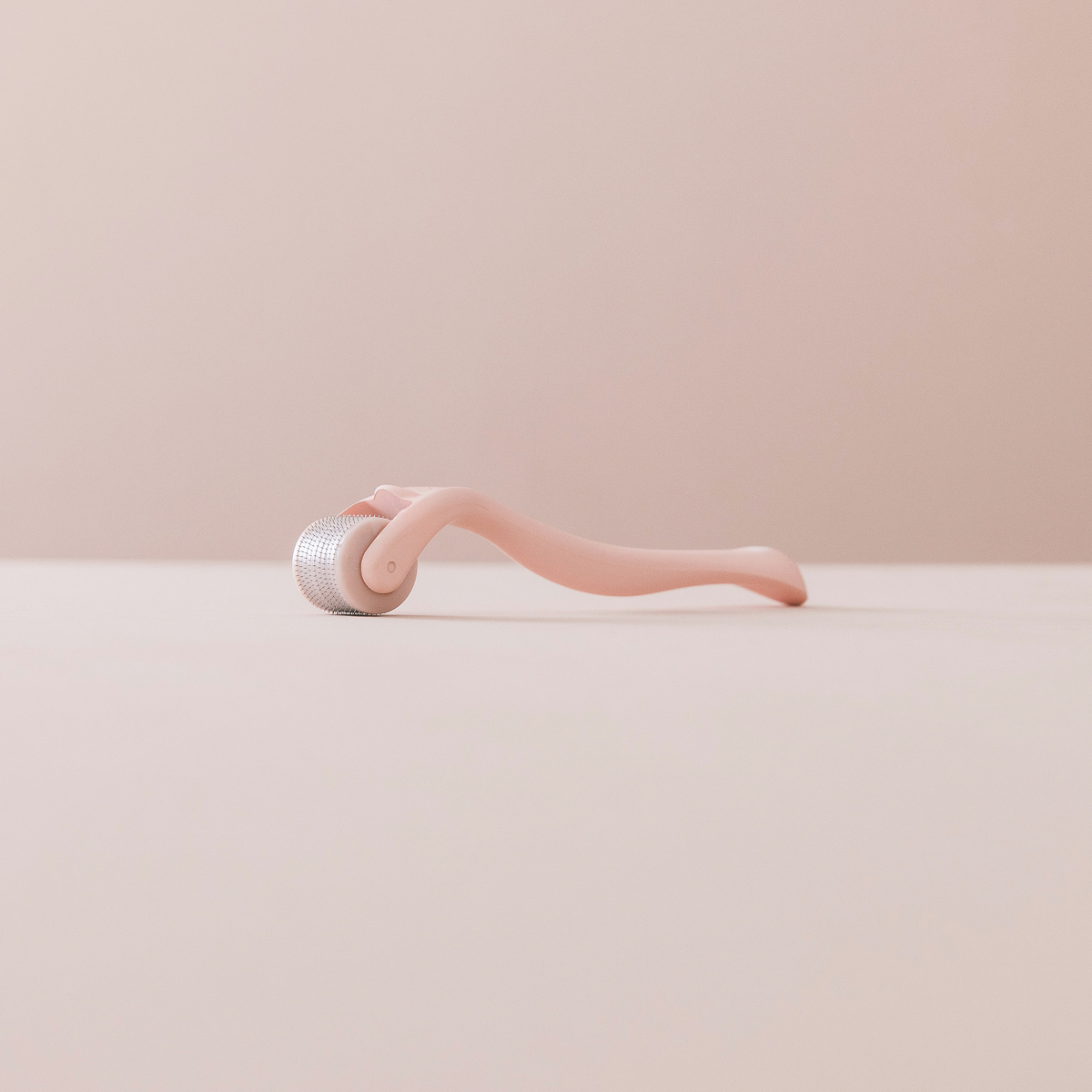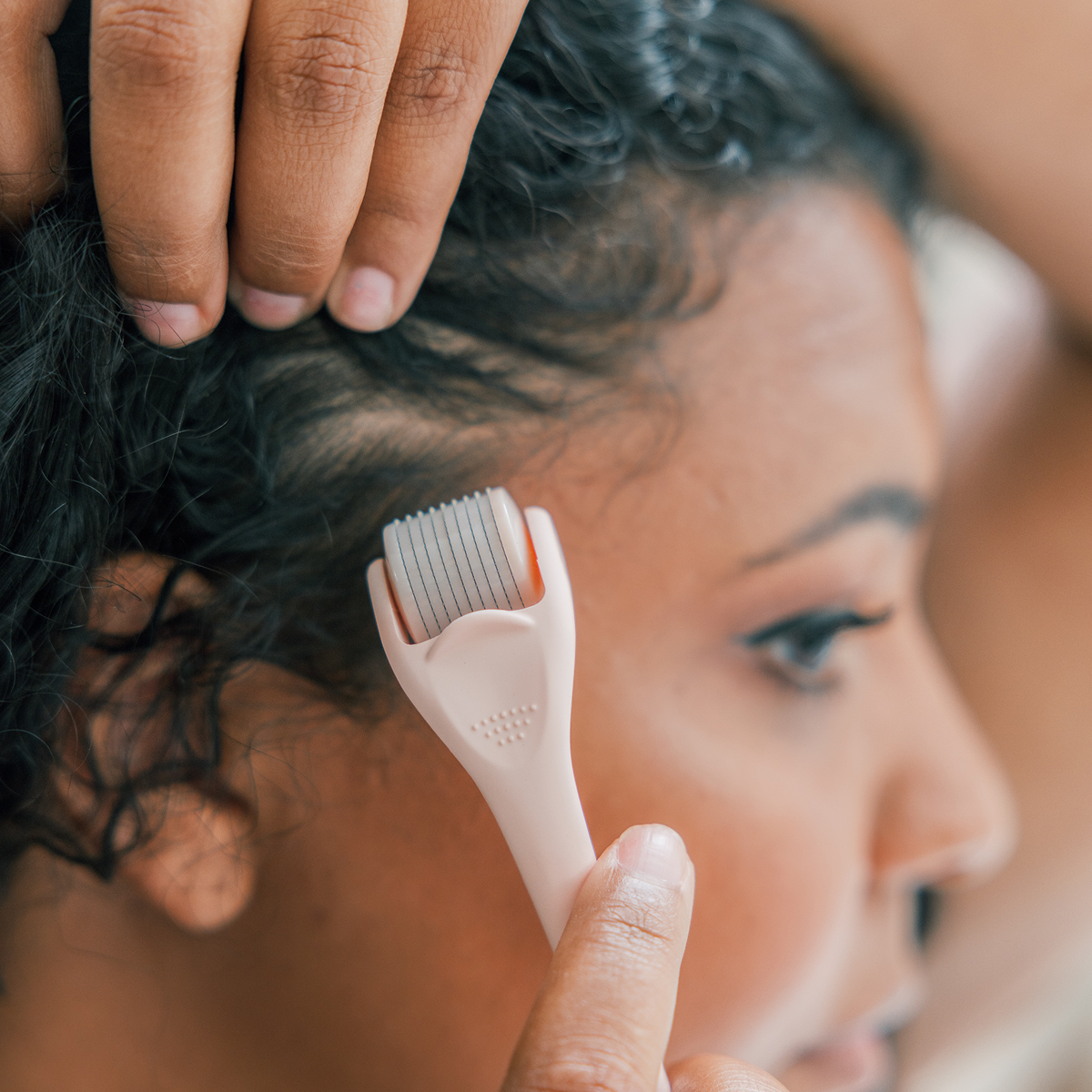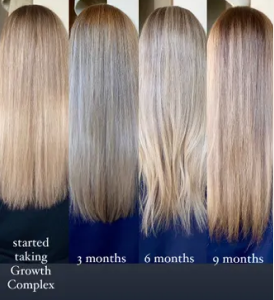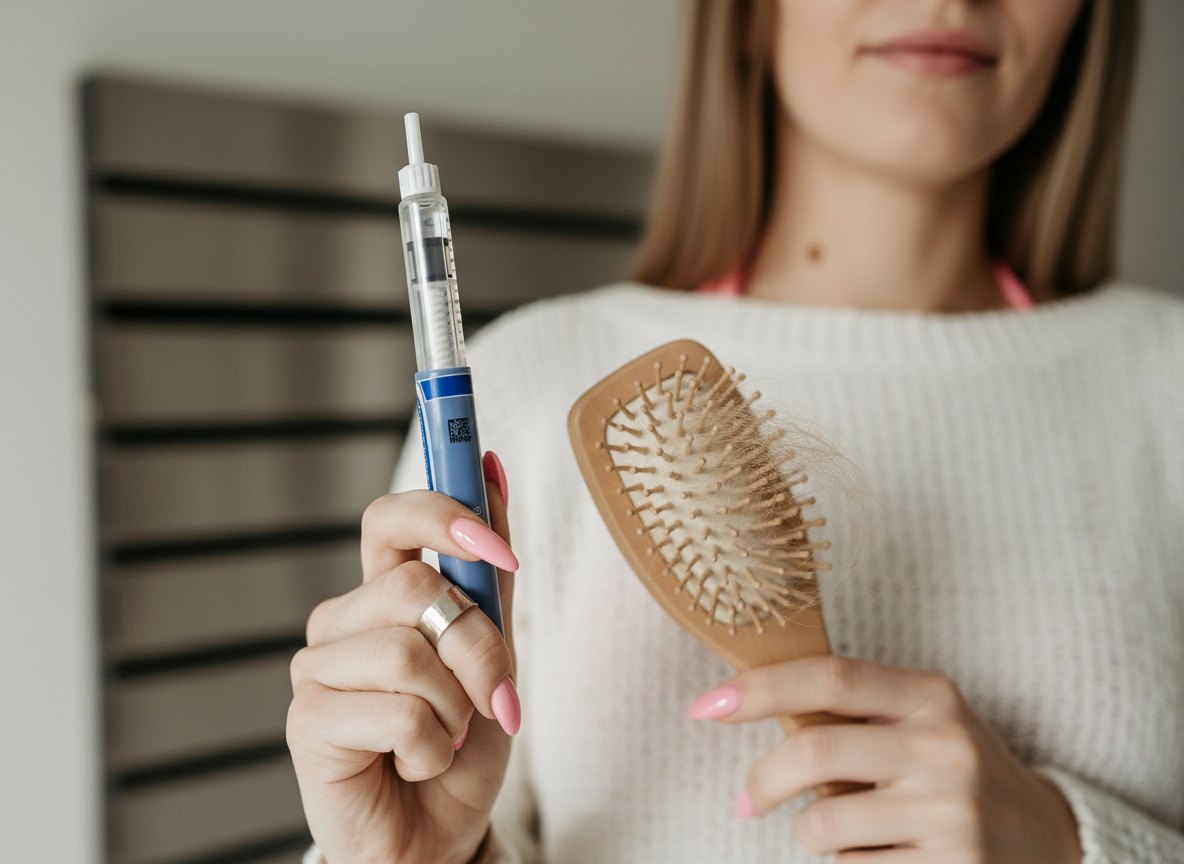In today’s always-on world, it’s easy to feel like there’s no off switch. But prolonged stress does more than just wear us down mentally—it impacts digestion, sleep, hormone balance, and even the health of your skin and hair.
Chronic stress increases cortisol, a hormone that, when elevated for too long, can disrupt the hair growth cycle. That’s one reason why periods of high stress often come with increased shedding, breakage, or slower growth. Thankfully, you don’t need to overhaul your entire routine to feel better. These four quick, research-backed habits can make a big difference in how you feel—mentally and physically.
1. Practice the 4-7-8 Breathing Technique
Developed by Dr. Andrew Weil, this simple breathing exercise is designed to reduce anxiety and regulate the nervous system. It activates the parasympathetic (rest and digest) response, helping you shift out of fight-or-flight mode.
- Inhale through your nose for 4 seconds
- Hold your breath for 7 seconds
- Exhale through your mouth for 8 seconds
Repeat this 3–4 times and notice how your body begins to soften. Use this technique before bed, after a stressful meeting, or anytime you feel overwhelmed.
2. Get Outside for 5–10 Minutes
Sunlight exposure—especially in the morning—helps reset your circadian rhythm and boosts natural serotonin production. Both are essential for managing stress and getting restful sleep at night. Plus, nature itself has a calming effect on the brain.
Don’t overthink it. A quick walk around the block, standing barefoot in the grass, or just sitting in the sun with your eyes closed can help shift your mood and recharge your energy levels.
3. Take 2 Minutes to Massage Your Scalp
Touch is powerful. A gentle scalp massage not only feels good but also increases blood flow to the scalp, which can help deliver oxygen and nutrients to hair follicles. Over time, this simple practice may even support hair growth.
You can use your fingers or a scalp massager tool—whatever feels best. Close your eyes and move in slow, circular motions. As you massage, take a few deep breaths and release any tension in your jaw or shoulders. It’s a mini spa moment in your day.
4. Create a Digital Sunset
Blue light from phones and screens interferes with melatonin production, making it harder to fall asleep and get quality rest. Over time, poor sleep can dysregulate your hormones, increase inflammation, and contribute to—you guessed it—hair loss.
Try turning off screens 30–60 minutes before bed. Instead, try:
- Journaling or gratitude writing
- Reading (paper book or e-reader with warm light)
- Stretching or gentle yoga
- Drinking a calming herbal tea
This signals to your body that it’s time to wind down and promotes deeper, more restorative sleep.
Why These Small Changes Matter
It’s tempting to think big changes are the only way to feel better. But often, the most impactful shifts come from tiny, consistent actions. By building in just a few moments of calm throughout your day, you give your body space to reset—and that can affect everything from your mood and digestion to your immune system and hair health.
The Bottom Line
Stress is unavoidable, but how we respond to it is within our control. Start small. Choose one tip above and build from there. Your body—and your hair—will thank you.
Remember: caring for yourself isn’t selfish. It’s foundational.



























